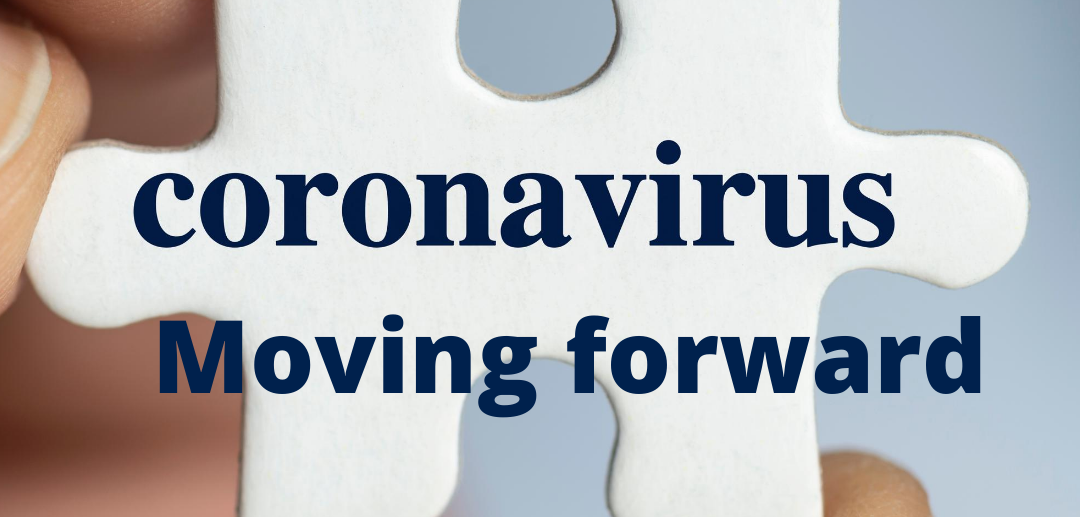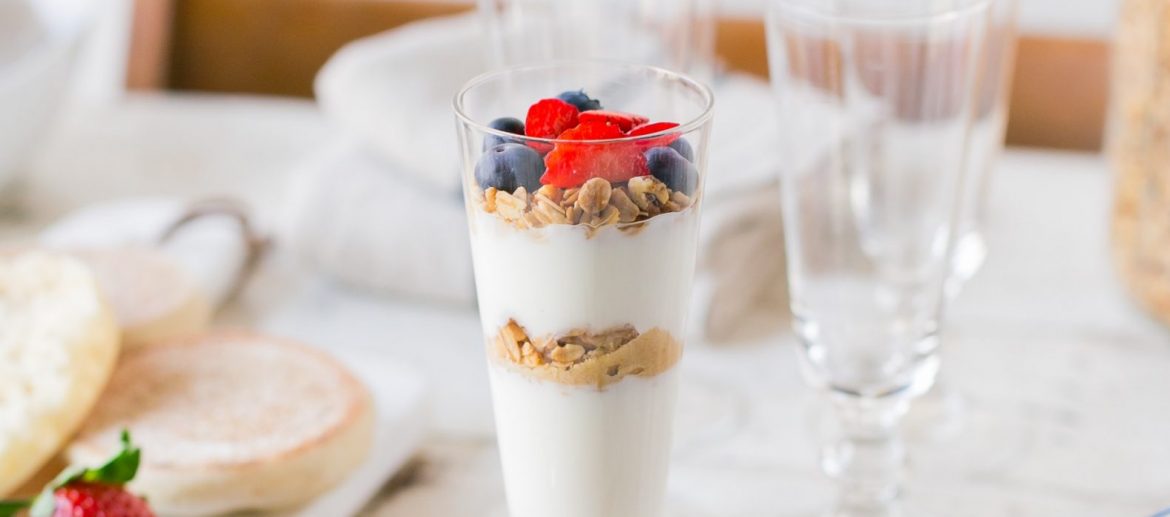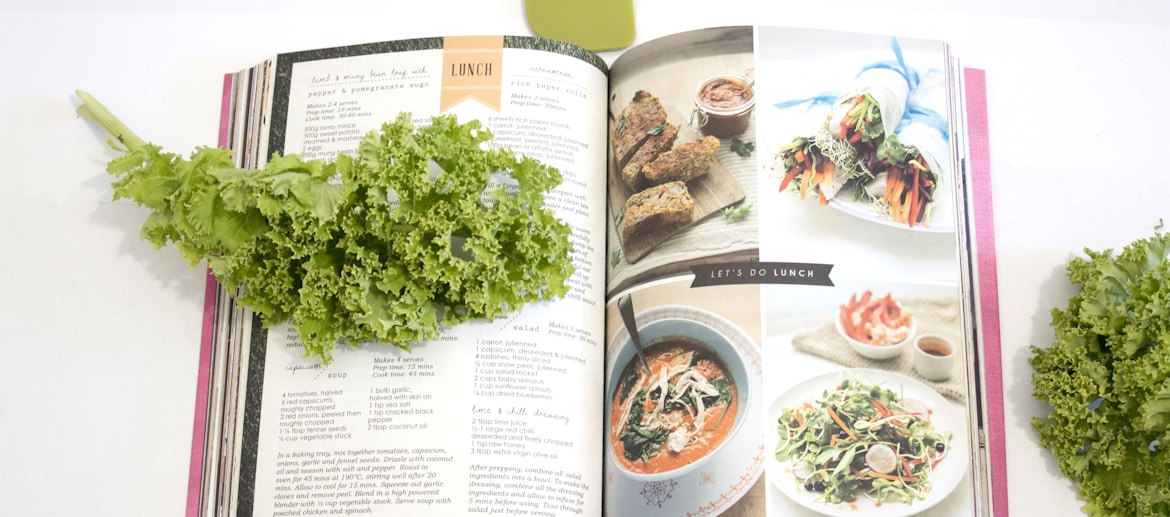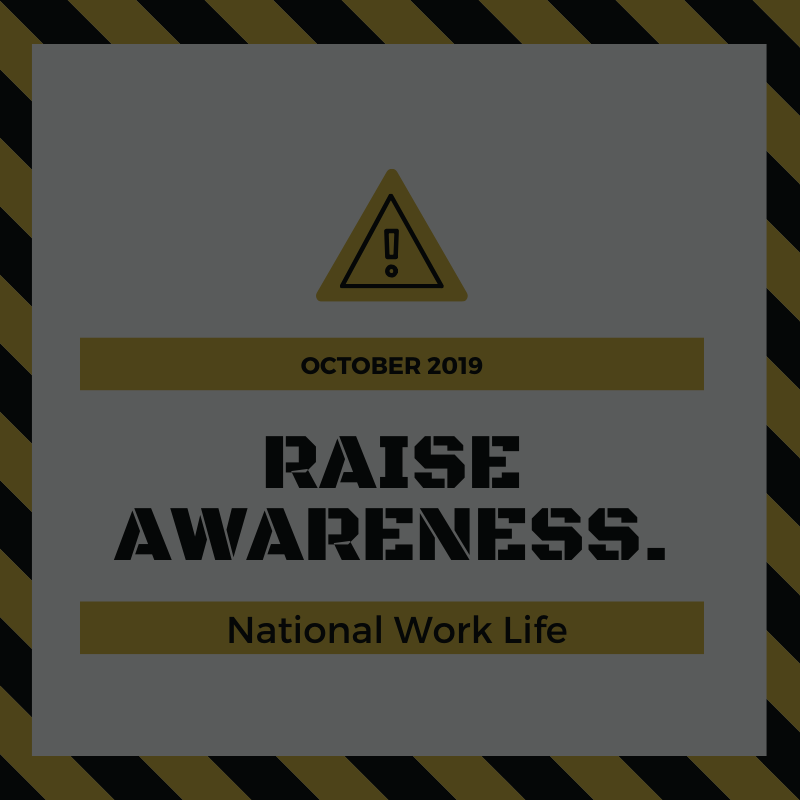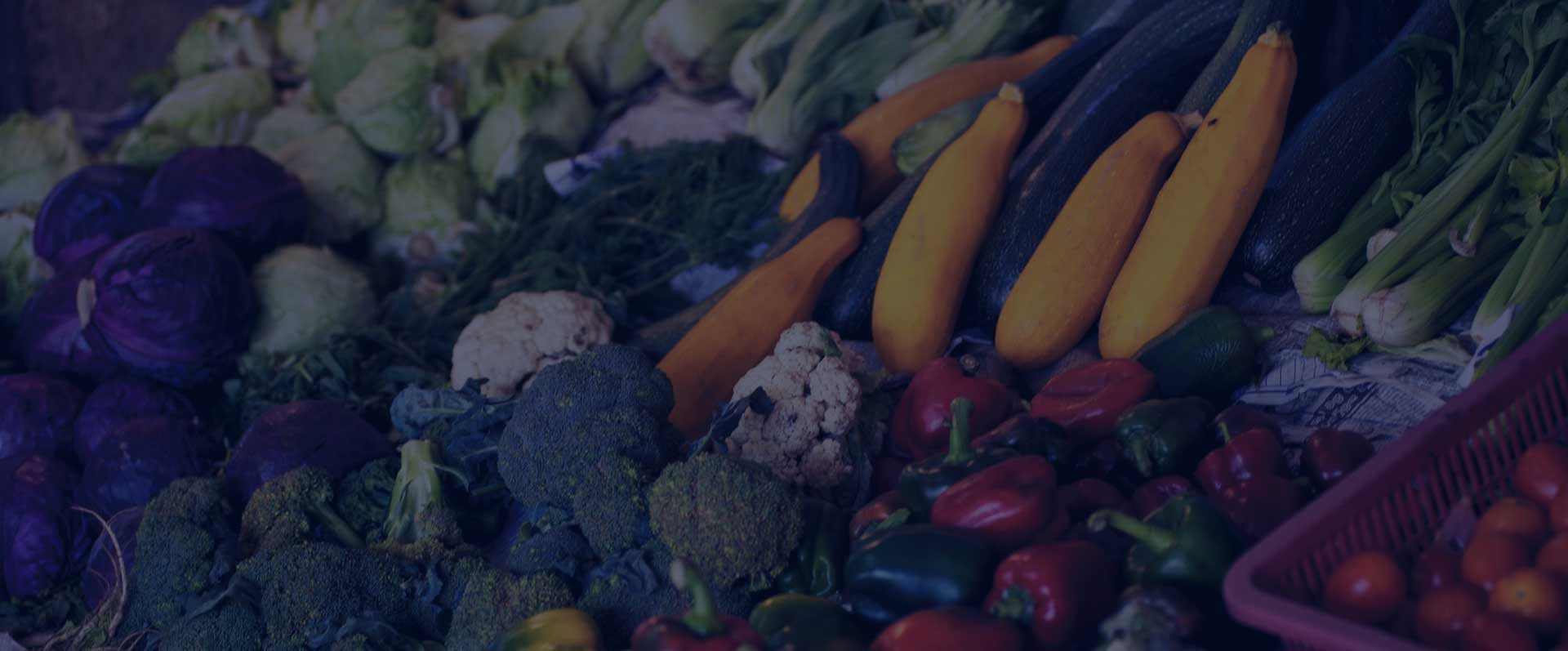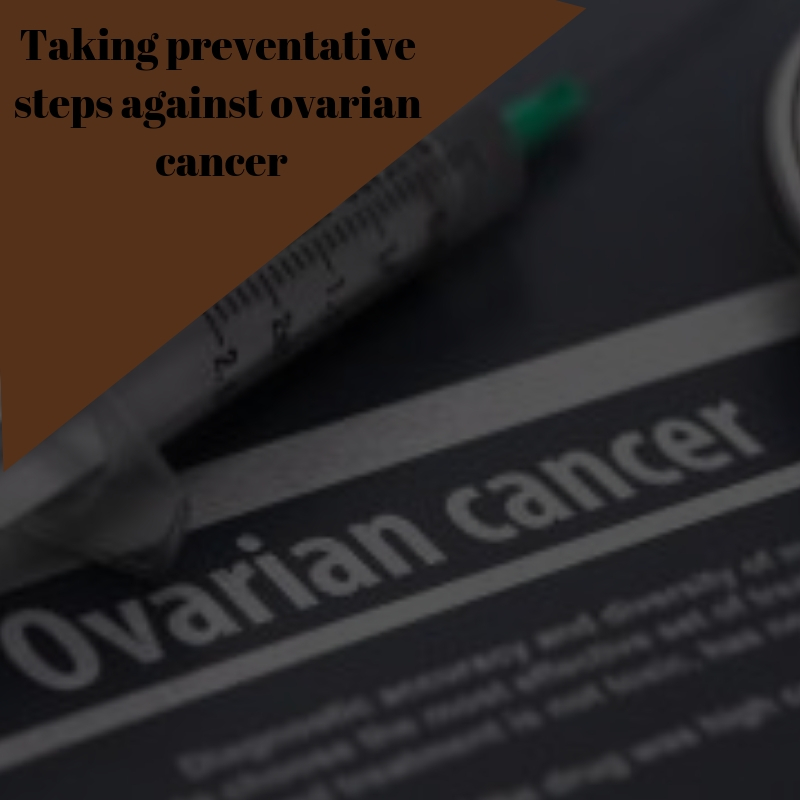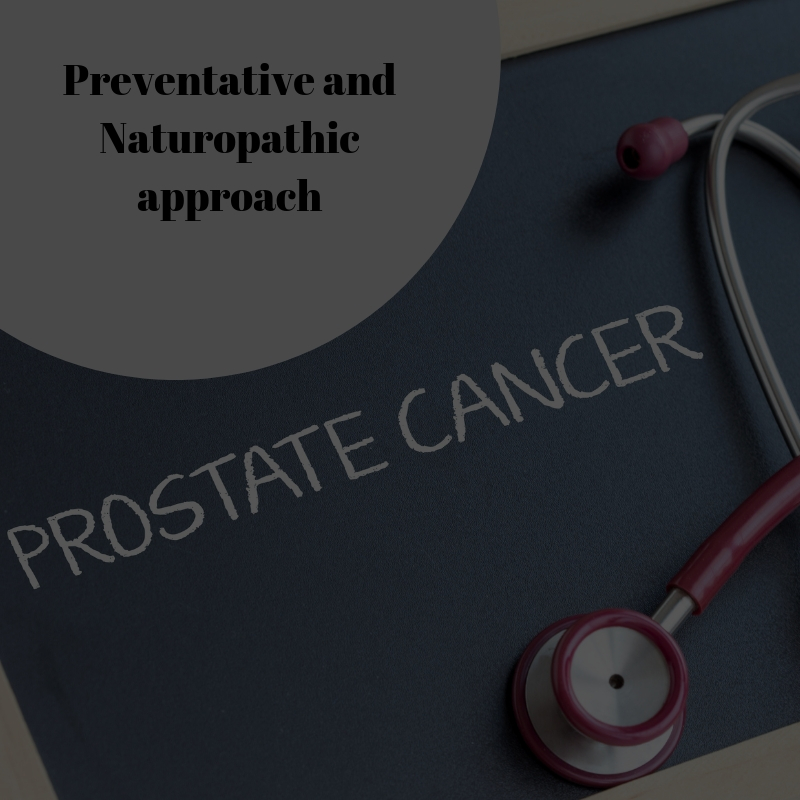Moving Forward
Coronavirus has affected our lives in ways that we would not have expected. This pandemic has brought everything to a holt. More than 15.1 million coronavirus tests have been processed in the UK and we now have social distancing rules in the attempt to stop the spread. We were hit with this pandemic on May 22nd and according to the Department of Health and Social Care the number of confirmed cases in the UK was 330,368 while the total number of deaths were 41,477.
Now we will be coming into winter with colds and flu season, including coronavirus, this is a time when we need to make sure our health is good, and immunity strong. An international collaboration of researchers from Europe and China has shown that temperatures and humidity in the environment has a severe effect on Covid-19 symptoms.
There is an article on PubMed quoting “Knowledge of other viral respiratory diseases suggests that the transmission of SARS-CoV-2 could be modulated by seasonally varying environmental factors such as temperature and humidity”.
I equate this to, having a weak immune system, and you catch something, your immunity will have to work hard to make sure it deals with this illness, if you’ve not done anything to offer it support, it will not have any reserves to carry on fighting and it will be depleted, this may also affect how well you recover and how long you remain unwell, however, if your immune system is offered support, it is more likely that the body will be better equipped to fight; A bit like anything in life, give it the means and support it needs, to have a fighting chance of doing a better job.
Boosting the immune system
It is the winter months when our immune systems need some extra support against things like colds and flu.
Make sure you get plenty of vitamins A, C, D and E plus selenium to help give your body a fighting chance. At this time of year our vitamin D levels tend to be lower as we are less exposed to sunlight. It therefore makes sense to take a supplement.
I am a great advocate of keeping the gut healthy as this also helps to keep the bugs at bay. The best way to achieve this is to eat fresh – preferably organic – food as much as possible. Nuts and seeds particularly are rich in zinc and immune-boosting nutrients. Eat plenty of fresh fruit and vegetables. Those who did ‘Veganuary’ are probably well ahead with this.
When it is cold, it is tempting to choose ‘comfort foods’ but, unfortunately, these tend to be the ones that are bad for you. Usually they are highly processed. The problem with processed foods is that they contain large amounts of sugar, salt, additives and trans fats. They might satisfy in the short term but do your body no favours in the long term. This is partly because these foods leave you wanting more which creates a vicious circle. So, the more of them you eat, the less healthy you will be. And they are bad for your waistline.
Try and reduce your dairy intake if you can and drink more herbal teas. Ginger and honey, ginger, and chamomile and echinacea are especially good for boosting the immune system.
Sleep well
Also, there is nothing like a good night’s sleep for rejuvenating the body. Eight hours is recommended. To ensure a peaceful slumber, do not eat too late and avoid looking at your phone or computer for at least an hour before retiring.
Remember, your immune system is there to protect you and guard against ill health. Do not make it easy for the germs to attack, look after yourself and eat good nutritious food. Obviously, there is no guarantee that you will avoid getting a cold or other virus but, by taking care, you will give your body better ammunition for fighting off the germs.
There are plenty of immune-boosting supplements available and I always advise choosing ‘food state’ ones as these are based on real foods. If in doubt, speak to a wellness practitioner for help.
As naturopathic nutritionist, I am more than happy to support you in this area. If you would like more information, feel free to email me
Also feel free to share this article with your friends and family on social media and help them to stay healthy.
Free 15 Minute Telephone Consultation
If conventional methods haven’t worked for you, find out how a qualified naturopathic functional medicine practitioner can support you on your journey to improved health and well-being.

